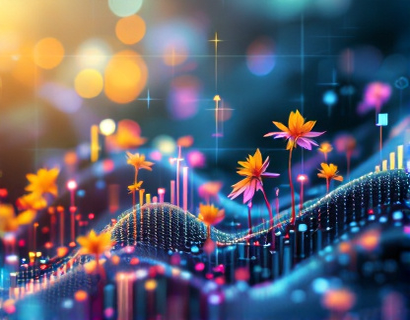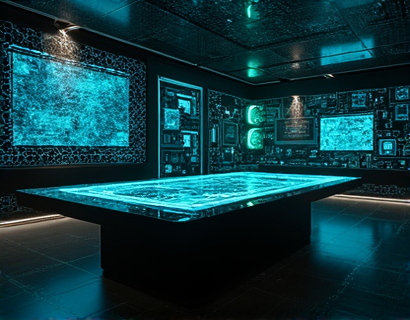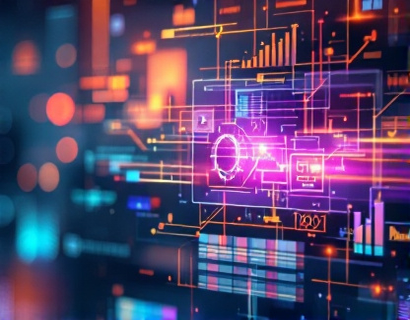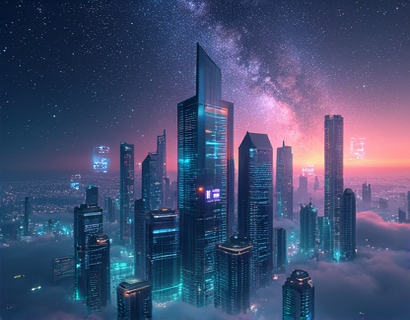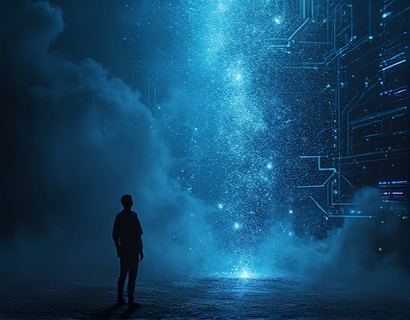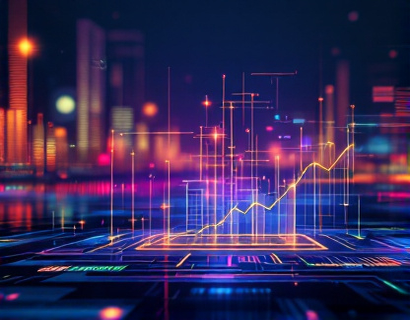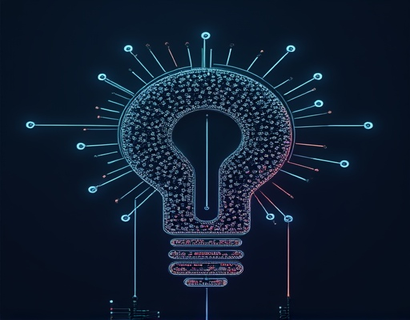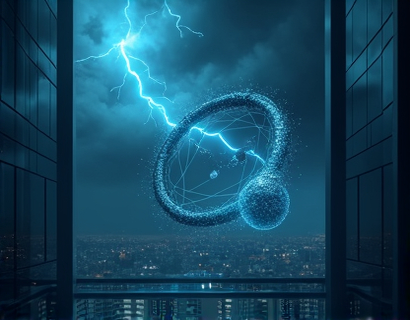AI-Driven Music Creation: Transforming the Landscape of Music Production
The integration of artificial intelligence in music creation has ushered in a new era for artists and creators across the globe. This technological advancement has not only streamlined the composition and production process but has also opened up unprecedented avenues for creativity and innovation. AI-driven tools are now empowering both seasoned professionals and emerging talents, offering a suite of intelligent composition resources that enhance artistic expression and sound quality.
Evolution of Music Creation Tools
The journey of music creation tools has been marked by continuous innovation, from the early days of digital audio workstations (DAWs) to the current sophisticated AI-powered software. Initially, these tools focused on providing basic recording and editing functionalities. However, with the advent of machine learning and neural networks, the scope has expanded significantly. Today's AI music creation tools can analyze vast amounts of musical data, learn from it, and generate original content that rivals human creativity.
How AI Enhances Composition
AI in music composition works by analyzing existing musical pieces to identify patterns, structures, and styles. This analysis enables the software to generate new melodies, harmonies, and even entire tracks that align with the desired aesthetic. For instance, an artist can input a specific mood or genre, and the AI will create a composition that matches these parameters. This capability not only saves time but also provides a starting point for further creative development.
Intelligent Harmony and Melody Generation
One of the most significant benefits of AI-driven music creation is its ability to generate intelligent harmonies and melodies. These tools can suggest chord progressions and melodic lines that complement the initial ideas of the artist. This feature is particularly useful for composers who might be stuck or seeking new directions. The AI can propose variations and alternatives, allowing the artist to explore different musical paths and discover unique sounds.
Enhancing Sound Quality
Beyond composition, AI technologies play a crucial role in enhancing the overall sound quality of music productions. Advanced algorithms can optimize mixing and mastering processes, ensuring that the final product sounds polished and professional. These tools can automatically adjust levels, equalization, and compression settings based on the specific characteristics of the track. This not only saves time but also ensures consistency across different projects.
Personalized Music Production Assistants
AI-driven music creation tools often come with personalized assistants that adapt to the user's preferences and working style. These assistants can learn from the artist's past projects and suggestions, providing tailored recommendations and automating repetitive tasks. For example, if an artist frequently uses certain plugins or effects, the AI can prioritize these in future projects, streamlining the production workflow.
Collaboration and Remote Work
The impact of AI on music creation extends to collaboration and remote work. With cloud-based AI tools, multiple artists can work on the same project simultaneously, regardless of their physical location. The AI can manage version control, ensure seamless integration of different contributions, and even suggest ways to blend diverse musical elements into a cohesive whole. This capability is particularly valuable in today's globalized music industry, where collaboration across borders is increasingly common.
Breaking Creative Barriers
For many artists, the fear of creative blocks and the pressure to constantly produce new content can be overwhelming. AI-driven tools help break these barriers by providing a constant source of inspiration and new ideas. The ability to generate variations and explore different musical directions can reignite the creative spark and push artists to experiment with innovative approaches. This not only enriches the artistic process but also leads to more diverse and engaging music.
Educational Resources and Learning Tools
AI in music creation is not just for professionals; it also serves as an educational resource for aspiring musicians. Many AI tools come with built-in tutorials and learning modules that guide users through the basics of music theory, composition, and production. These resources are invaluable for beginners who want to learn at their own pace and understand the underlying principles of music creation. The interactive nature of these tools makes learning more engaging and effective.
Customization and Flexibility
One of the key advantages of AI-driven music creation tools is their high degree of customization. Artists can adjust parameters to suit their specific needs, from the complexity of generated melodies to the intensity of sound processing. This flexibility ensures that the tools are adaptable to various genres and styles, making them suitable for a wide range of musical projects. Whether it's electronic dance music, classical compositions, or folk songs, AI can cater to the unique requirements of each genre.
Data-Driven Insights for Better Decisions
AI tools can analyze vast datasets to provide insights that inform creative decisions. For example, by examining trends in popular music, an artist can identify which elements are currently resonating with audiences. This data-driven approach can help in making informed choices about song structure, instrumentation, and even marketing strategies. While creativity remains the core of music creation, these insights can enhance the effectiveness of the artistic vision.
Ethical Considerations and Authenticity
As AI becomes more integral to music creation, ethical considerations come to the forefront. Questions about authorship, originality, and the role of human creativity in AI-generated music are increasingly relevant. It's essential for artists to maintain authenticity and transparency, ensuring that the use of AI tools complements rather than replaces human creativity. The goal is to enhance the artistic process, not to diminish the value of human input.
Future Prospects and Innovations
The future of AI in music creation is promising, with ongoing research and development poised to bring even more advanced features. Potential innovations include real-time collaboration with virtual musicians, more sophisticated emotional analysis to create music that resonates on a deeper level, and integration with other creative technologies like virtual reality. These advancements will continue to push the boundaries of what is possible in music production, offering endless opportunities for artists to explore and innovate.
Conclusion
AI-driven music creation tools are revolutionizing the way artists compose, produce, and enhance their music. By providing intelligent composition aids, enhancing sound quality, and offering personalized assistance, these tools empower musicians to realize their full creative potential. As the technology continues to evolve, it will undoubtedly play an increasingly significant role in shaping the future of music. For both established artists and newcomers, embracing AI in music creation can lead to unprecedented levels of creativity and success.





